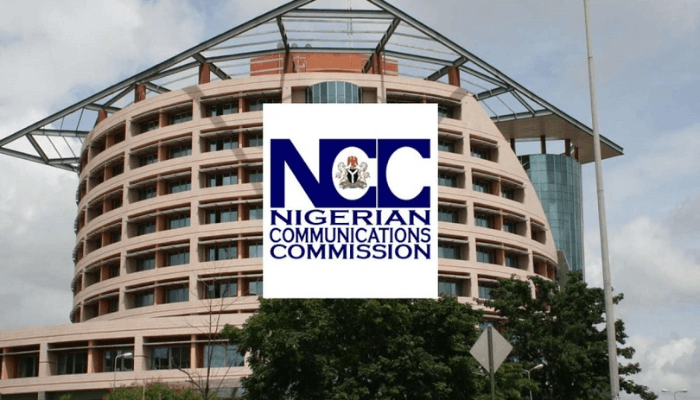The Nigerian Communications Commission (NCC) has pledged stronger action to safeguard the nation’s digital infrastructure, describing resilience and security as a “non-negotiable national imperative” for Nigeria’s economic future.
This assurance was delivered at the 2nd Strategic Stakeholders Meeting of the Association of Telecommunications Companies of Nigeria (ATCON), held in Lagos on Friday.
Speaking through Mrs. Chioma Ibe, NCC’s Executive Vice Chairman, Dr. Aminu Maida, stressed that telecommunications is now the backbone of Nigeria’s economy, supporting 171 million mobile subscribers and contributing 14.4% to GDP as of Q4 2024. From finance and healthcare to education and security, he said, the telecom network has become indispensable.
Yet, the sector faces growing threats — with 30 to 43 fibre cuts reported daily alongside cyberattacks and vandalism. “Resilience is no longer optional; it is a necessity for national stability,” Maida warned.
Executive Order on CNII
He highlighted the landmark Presidential Executive Order of June 2024, which officially designated telecom systems as Critical National Information Infrastructure (CNII) — placing them at the core of Nigeria’s sovereignty and prosperity.
NCC’s Multi-Layered Interventions
To operationalize the Order, the NCC has rolled out several measures:
-
Infrastructure Mapping – prioritising telecom assets for protection and investment.
-
Protection Plan – partnering with the Office of the National Security Adviser to counter cyber threats and sabotage.
-
Public Sensitisation – campaigns via media and community outreach to encourage shared responsibility.
-
Inter-Ministry Partnerships – working with the Works and Communications Ministries to protect fibre cables during construction.
-
State-Level Dialogue – harmonising right-of-way policies and curbing disruptive taxes.
-
Dispute Mediation – resolving rollout challenges, with successes in Osun and Kogi.
-
Enforcement – coordinated with security agencies, reserved as a last resort.
“These actions represent a pragmatic, preventive, and participatory approach to CNII protection,” Maida noted.
Shared Responsibility
He clarified that while the NCC is mandated to lead, effective protection requires collaboration across government, industry, security agencies, lawmakers, and communities. “A fragmented response weakens our defenses. But together, we can secure the backbone of our digital economy,” he said.
Five Strategic Pillars
Looking forward, Maida outlined five pillars for building resilience:
-
Public awareness and community ownership.
-
Stronger stakeholder collaboration.
-
Better information sharing during construction and maintenance.
-
Simplified permit processes for new rollouts.
-
Tougher enforcement against sabotage and vandalism.
He urged industry players to unite behind the NCC in building an inclusive, secure, and globally competitive digital future. “The security of our national infrastructure is not negotiable,” he declared.
The ATCON summit convened industry leaders, policymakers, and security experts, reinforcing the collective responsibility for shaping Nigeria’s digital destiny.

